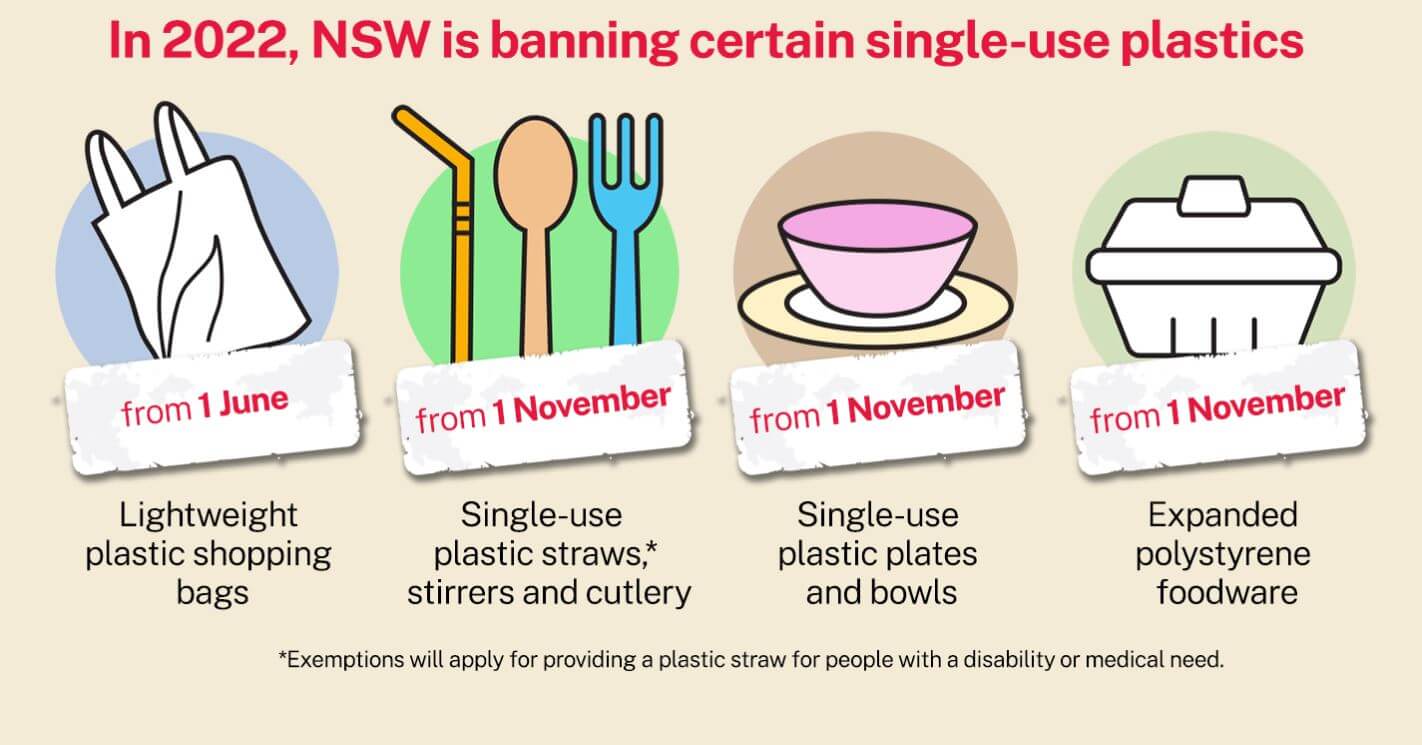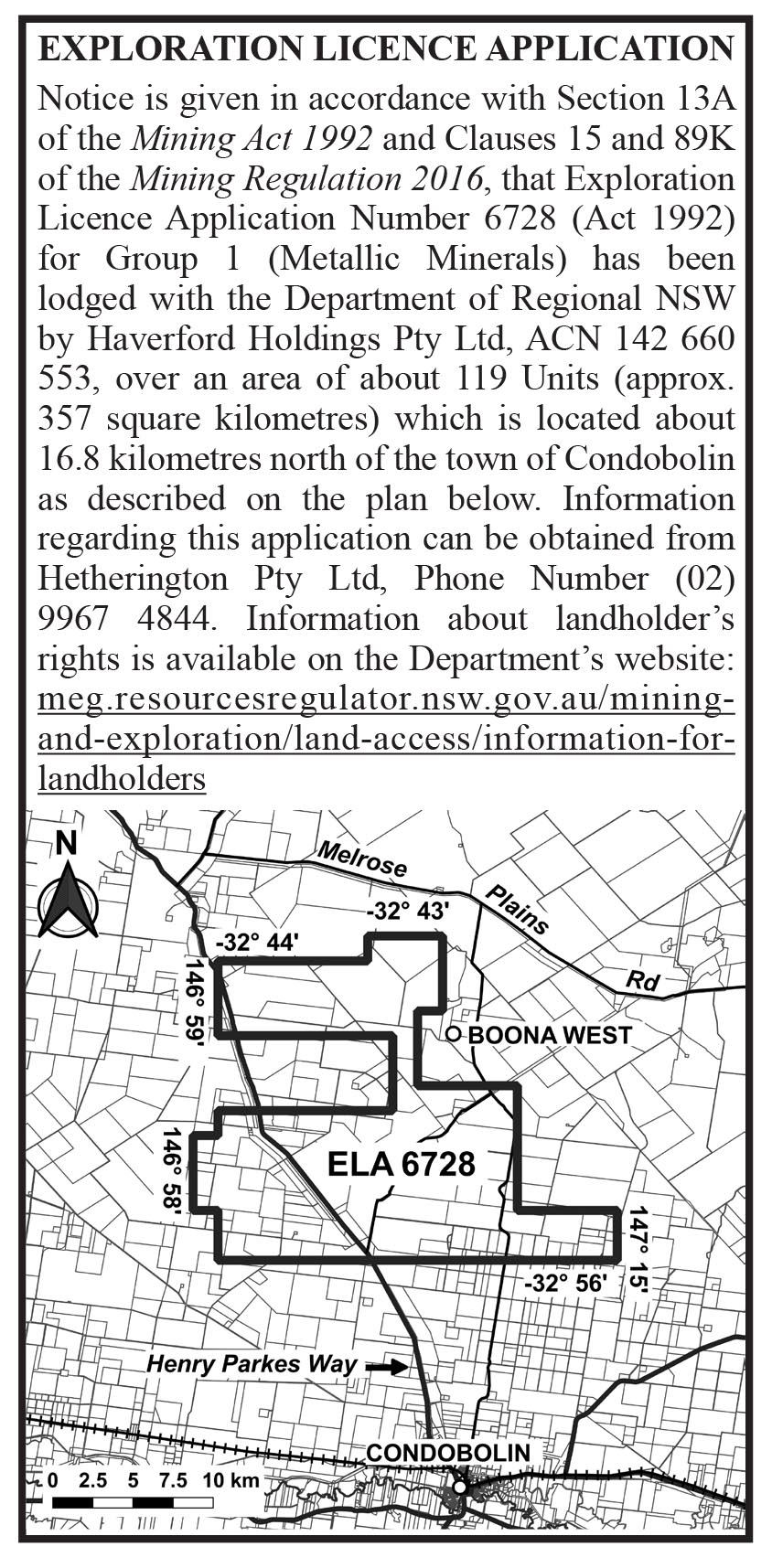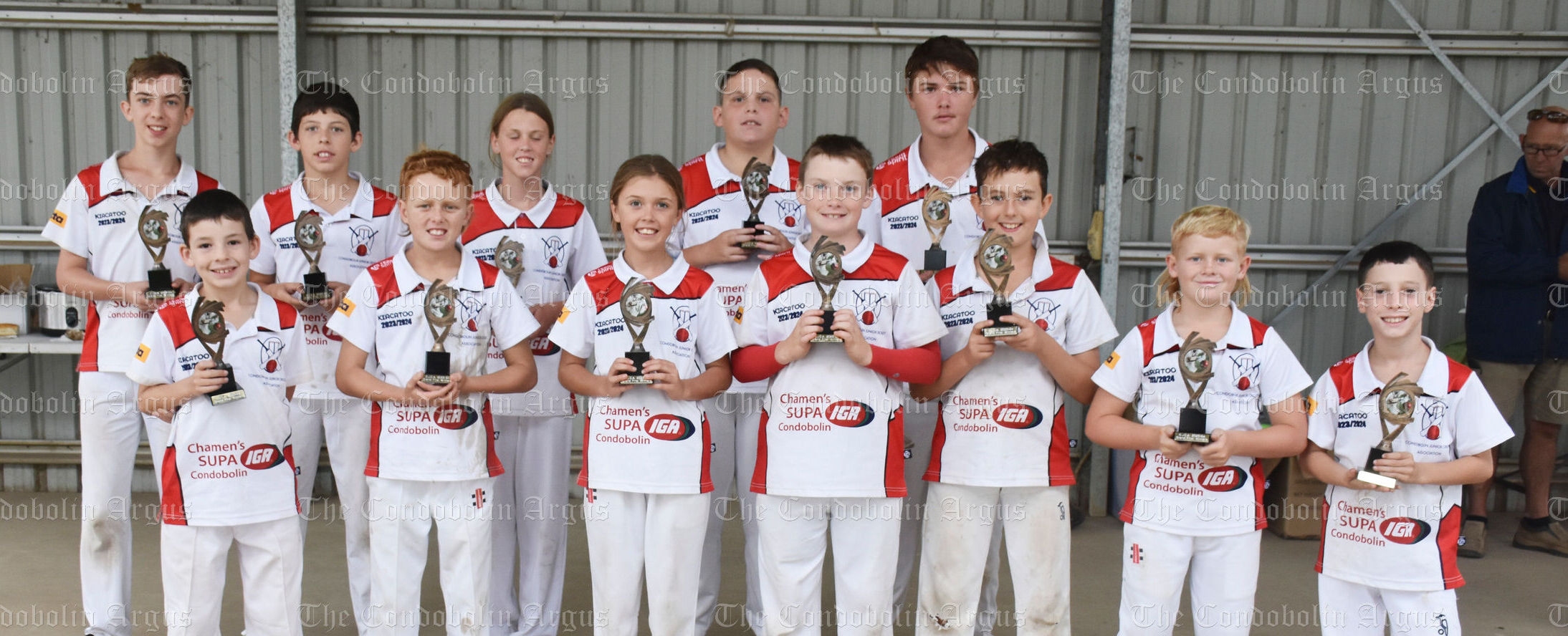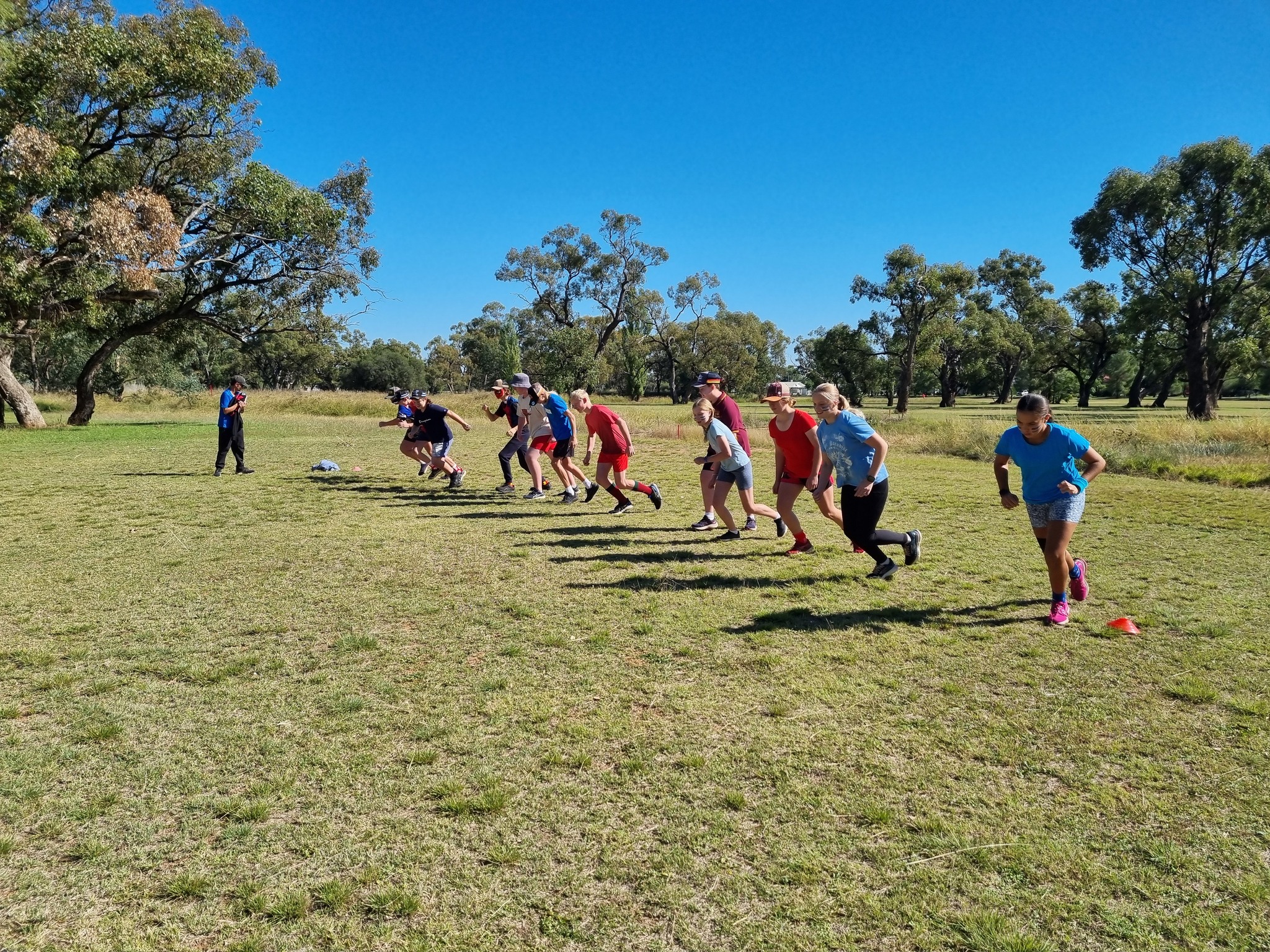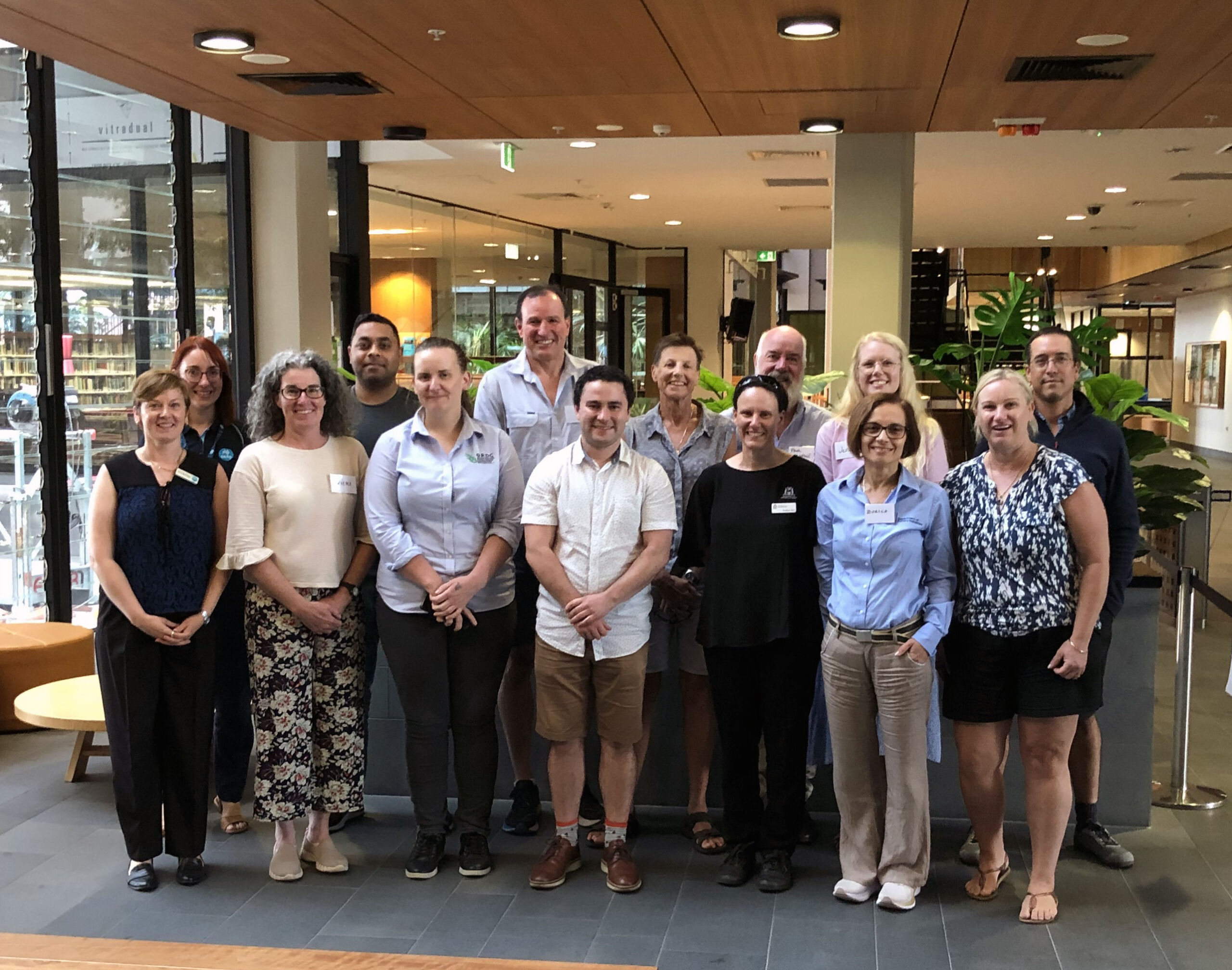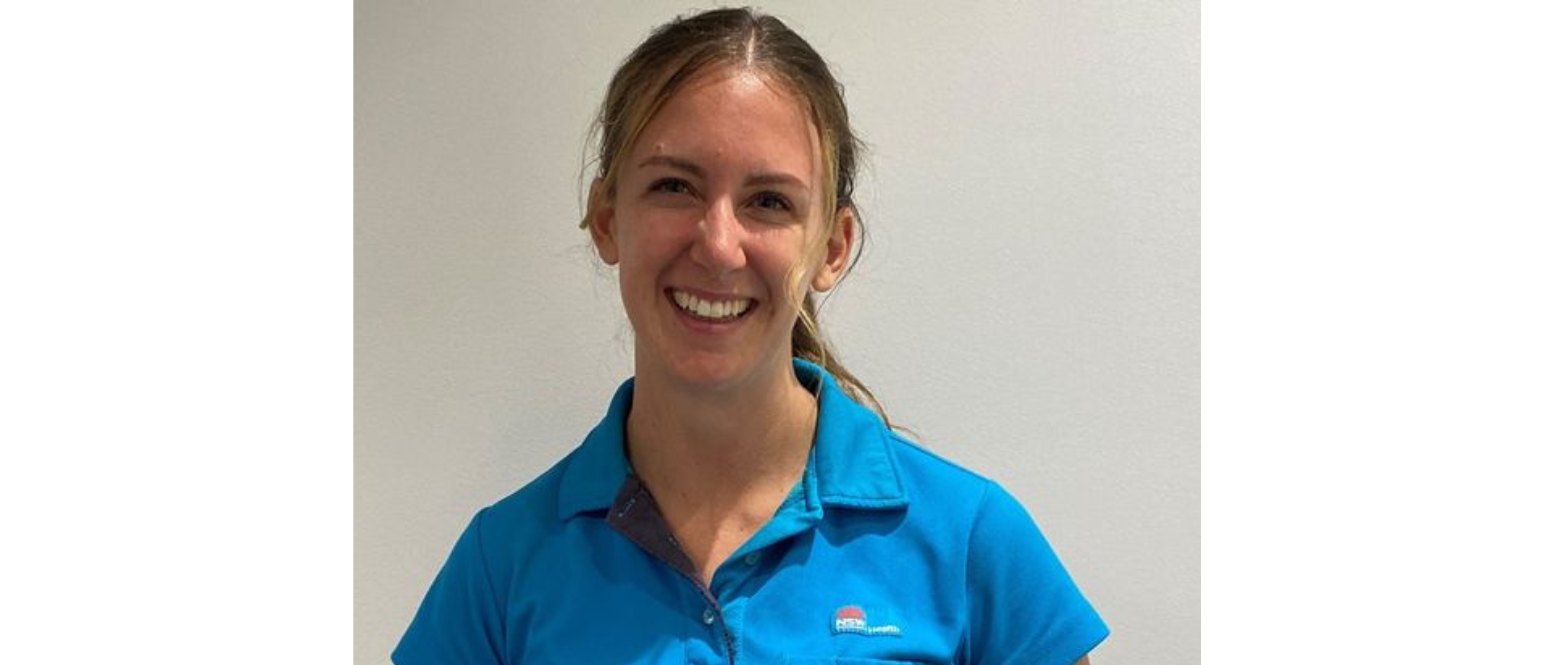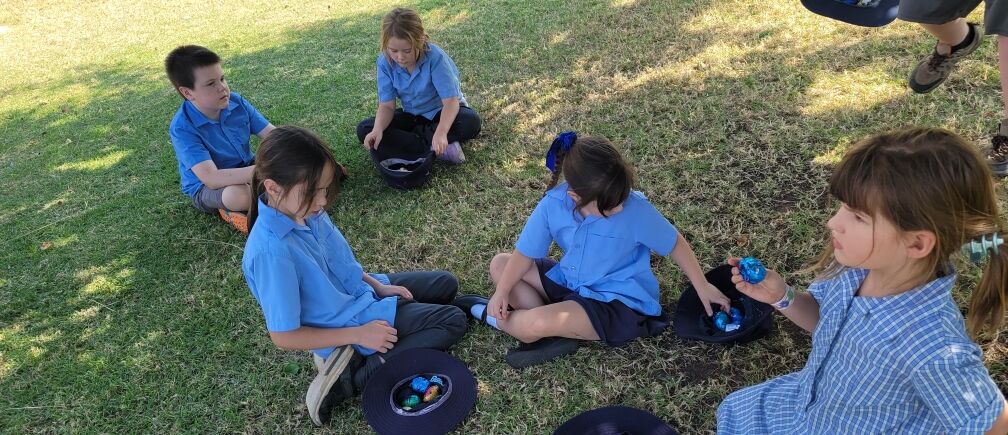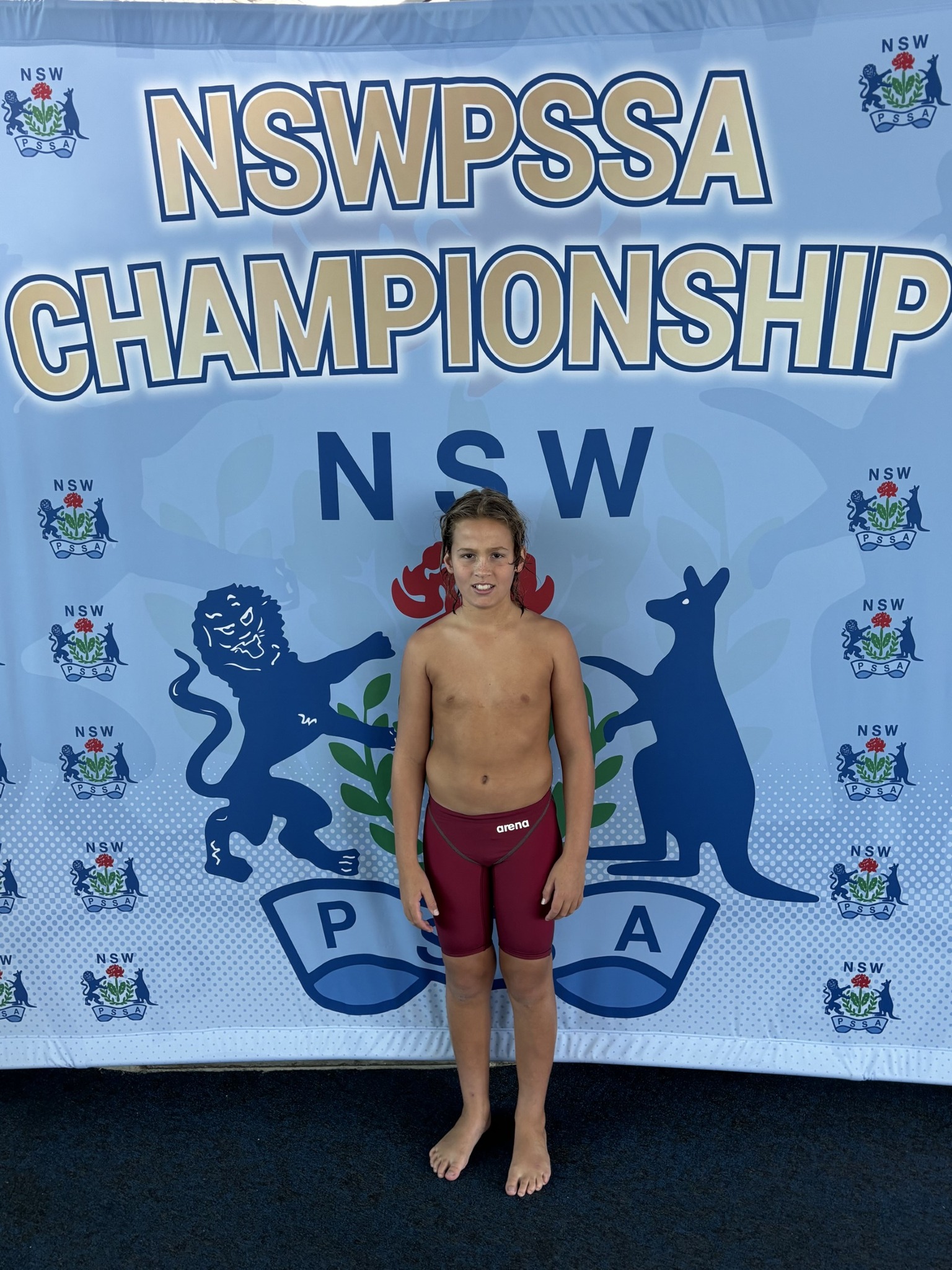SINGLE USE PLASTIC BAG BAN NOW IN EFFECT ACROSS NSW
From Wednesday, 1 June, NSW Government legislation banned certain single-use plastic items and businesses are no longer able to supply these items in NSW.
The bans affect everyone in Condobolin, the Lachlan Shire and NSW including businesses, organisations, and consumers.
Thin plastic bags (35 microns or less) can no longer be sold or given away for free, even if they’re made from compostable plastics.
The ban does not apply to thicker plastic bags (over 35 microns) like those from major supermarkets and boutique stores and barrier bags such as produce and deli bags, bin liners and compost caddy liners, nappy bags and pet waste bags.
The NSW Environment Protection Authority (EPA) is the regulator and will monitor and enforce the bans.
The EPA has a broad range of enforcement tools including the ability to issue penalty notices, prosecute for offences and to issue compliance notices to suppliers or occupiers where the EPA reasonably suspects a person has supplied, is supplying or is likely to supply a banned item.
It is an offence to fail to comply with a notice issued by the EPA. It is also an offence to provide false or misleading information (by act or omission) about the supply of a banned plastic item.
Fines may apply if you are caught supplying a banned item, with a maximum court penalty of 500 penalty units ($55,000) for a corporation and 100 penalty units ($11,000) for an individual.
Maximum court penalties are doubled for businesses found to be supplying these items while carrying on a business as a manufacturer, producer, wholesaler or distributor, with penalties of up to 1,000 penalty units ($110,000) for a corporation or 200 penalty units ($22,000) for an individual.
Failure to comply with a Stop Notice, issued by the EPA may result in maximum court penalties of up to $55,000 for individuals and $275,000 for corporations. As above, these penalties may be doubled for manufacturers, producers, wholesalers and distributors.
From 1 November, single use straws, stirrers and cutlery and single use plastic plates and bowls will also be banned. However, exemptions will apply for providing a plastic straw for people with a disability or medical need.
Expanded polystyrene foodware (including cups, plates and bowls) will also be banned from 1 November.
The ban applies to all single-use plastic cotton buds. The ban does not apply to reusable cotton bud sticks, such as those with replaceable ends or single-use cotton buds with wooden, bamboo or paper stems.
The ban applies to rinse-off personal care products containing plastic microbeads, such as face and body cleansers, exfoliants and masks, shampoo, conditioner, hair dyes, and toothpaste. If you are concerned about microbeads in products you supply, look for the following commonly used ingredients: polyethylene (PE), polypropylene (PP, polyethylene terephthalate (PET), polymethyl methacrylate (PMMA), and nylon (PA).
The bans apply to anyone who supplies a prohibited item in NSW while carrying on a business. This includes carrying on a business for commercial purposes. For example retail or hospitality businesses, such as restaurants, cafes, bars, hotels, takeaway food outlets, party supply stores, discount stores, supermarkets, market stalls, online stores, and any other retailer must not provide these items to customers.
Manufacturers, suppliers, distributors and wholesalers must not supply banned items in NSW. Penalties are doubled for this sector.
The bans also apply to supplying prohibited items while carrying on an activity for charitable, sporting, education or community purposes. For example, community groups, government bodies and not-for-profits, such as charities, welfare services, religious bodies, education providers, and fundraising events must not supply banned items. This includes items used as part of a service, for regular activities, or during events or fundraising activities.
Supply of a banned item includes: selling, giving away, re-supplying or distributing (whether or not a fee is charged for the item); receiving or possessing items for the purpose of supply ; making an offer to supply (e.g. in advertising, websites, brochures); displaying, providing or making the item available to a person (e.g., on-counter access).
According to the NSW Government, “while plastic is a versatile and useful material, it is increasingly threatening our natural environment. Single-use plastic items, designed to be used once and then thrown away, are cheap and convenient, but they pose an enormous threat to our environment.”
“Plastic packaging and single-use plastic items make up 60 per cent of all litter in NSW.
“A number of the most littered single-use plastic items will be banned under the Plastic Reduction and Circular Economy Act 2021 These bans will prevent nearly 2.7 billion plastic items from entering the coastal, marine and bushland environments of NSW over the next 20 years.
“The legislation also provides a comprehensive framework that will help transition NSW towards a circular economy where materials and resources are valued and kept in the productive economy while creating jobs and protecting the environment and the community.”
Latest News
CJCA players recognised for their efforts
Condobolin Junior Cricket Association held their annual Presentation Day at [...]
Condobolin Public School commemorates
On Thursday, 11 April Condobolin Public School held their ANZAC [...]
Cross Country 2024
On Friday 12th April, Trundle Central School held their annual [...]
Competing in the PSSA NSW State Swimming Championships
A massive congratulations to Tullibigeal Central Schools super fish, Veritty, [...]
Managing canola pests using beneficial insects
Australian grain growers will benefit from improved pest management strategies [...]
WNSWLHD shining a spotlight on Dietician Anne Manvell
Western NSW Local Health District (WNSWLHD) has highlighted the impact [...]

